Solid Minerals Development Minister Dr Dele Alake has charged investors to increase their investment stakes in Nigeria’s solid minerals sector, following positive reforms that promise higher returns.
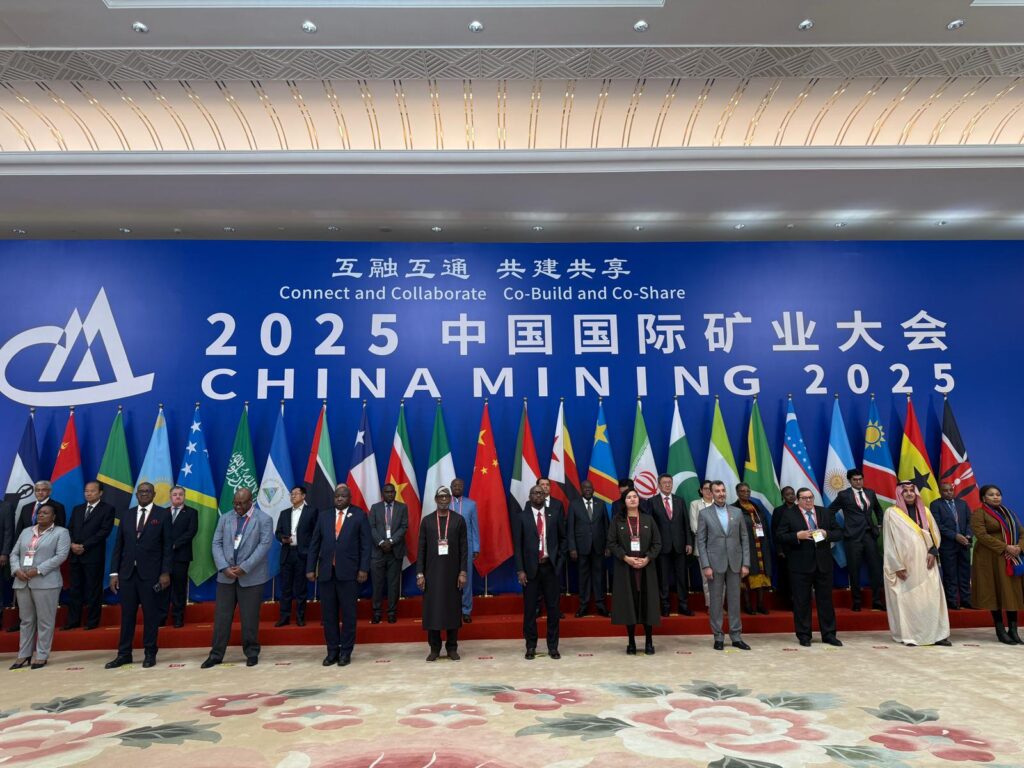
Speaking on the theme “Connect and Collaborate, Co-Build and Co-Share” at this year’s China Mining Conference in Tianjin, Alake impressed his hosts with security reforms, including the Mining Marshals and the satellite mines monitoring project, which were introduced to protect licensed miners and curtail illegal mining.
He cited upgrades in technology to ease doing business and processing
applications, such as the Electronic Mining Cadastre, EMC+, the Nigerian Mineral Resources Decision System, NMRDS, the Centre of Excellence, and the websites of the ministry and agencies, as unique utilities to improve remote transactions globally in Nigeria’s mining sector.
Reviewing the Chinese mining business, Alake acknowledged that investments in lithium processing alone grossed $1.3 billion since September 2023, adding that MOUs signed by President Bola Tinubu during the state visit in September 2024 have led to substantial investment commitments.
His words: “Since September 2023, when this administration assumed office, Chinese companies such as Canmax Technology, Jiuling Lithium, Avatar New Energy Nigeria Company, and Asba have invested over $1.3 billion in lithium processing. The investments have boosted Nigeria’s economic diversification efforts, reduced its dependency on oil and attracted infrastructure, technology transfer, and expertise. Joint Ventures between Chinese and Nigerian companies in the mining sector often enhance local capabilities and skills among Nigerian workers and engineers.
Dr Alake, who is currently the chairman of the Africa Minerals Strategy Group
(AMSG), reaffirmed Nigeria’s commitment to strengthening
continental cooperation in mineral exploration and reporting
standards, stating that Africa must build shared systems of
knowledge and governance if it is to fully benefit from its vast
mineral endowments.
He reaffirmed plans to strengthen the regional Centres of Excellence in
Geosciences and Mining Skills, and to expand the role of the Solid
Minerals Development Fund (SMDF) and the SMDF‑AFC Facility in
supporting early‑stage exploration and de‑risking investments.
“We warmly invite investors, development partners, and technical institutions to explore Nigeria’s vast opportunities in minerals such as lithium, gold, lead-zinc, barite, and rare earth elements. Our government offers a conducive investment climate, improved security of tenure, and incentives that guarantee mutual benefit.
Nigeria’s vision is not only to extract minerals but to build a globally competitive value chain that supports clean energy transition, job creation, and industrial growth, all within the framework of responsible mining”, he said.
Representing Nigeria in the technical session on “Mining in Africa and
Policy,” Director‑General, Nigeria Geological Survey Agency, Professor Olusegun Omoniyi Ige highlighted
The National Mineral Resources Data System (NMRDSS) and Nigeria’s
extensive aeromagnetic and geochemical datasets, which together
provide a solid foundation for informed mineral exploration.
He noted that while these datasets have greatly improved the country’s
geological understanding, greater investment is still required to
Expand exploration coverage and convert data into proven mineral resources.
Other speakers included Mr Xu Xueyi, Deputy Director‑General of the
China Geological Survey; H.E. Mohamed Ahmed Taha, Minister of
Minerals of Sudan; Ms Phumzile Mgcina, Deputy Minister of Mineral
and Petroleum Resources of South Africa; and Mr Joseph Lebbie,
Director‑General of Geological Exploration, Sierra Leone.


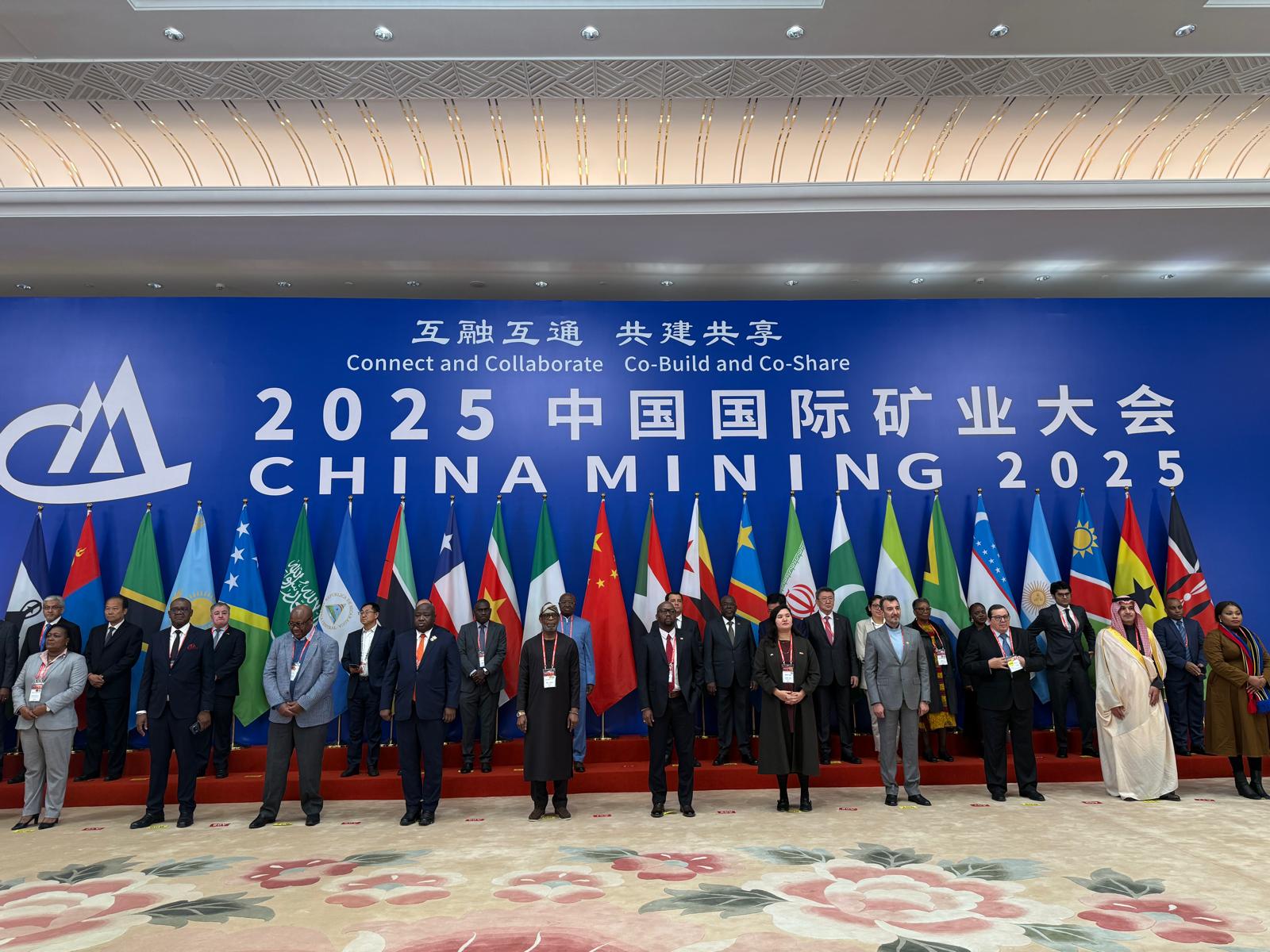
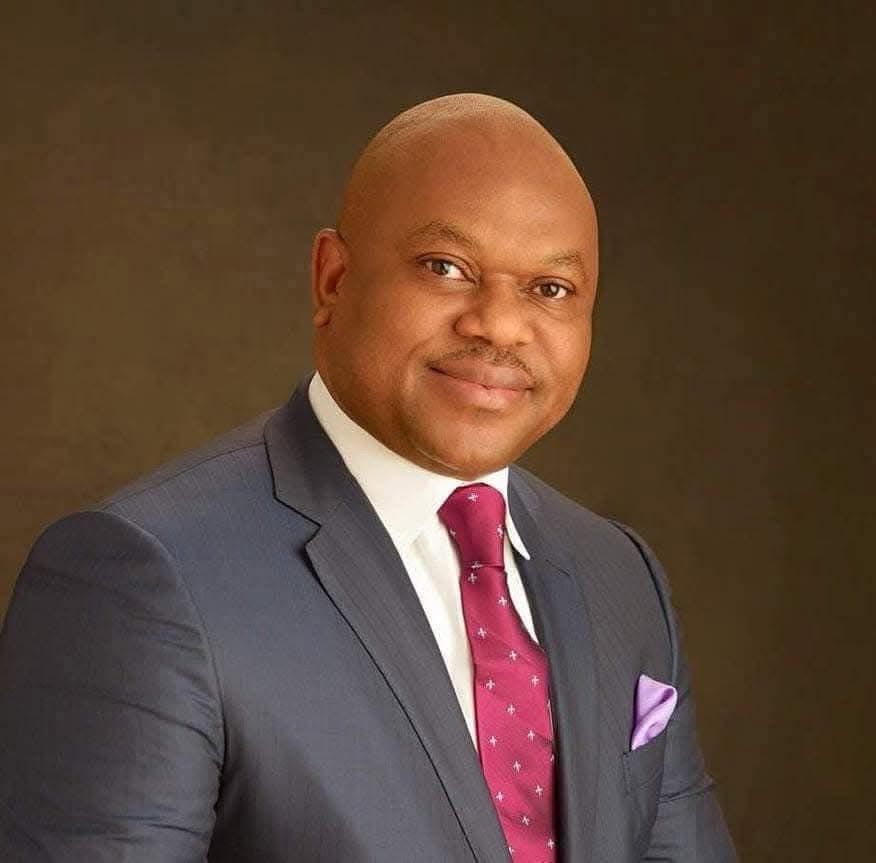
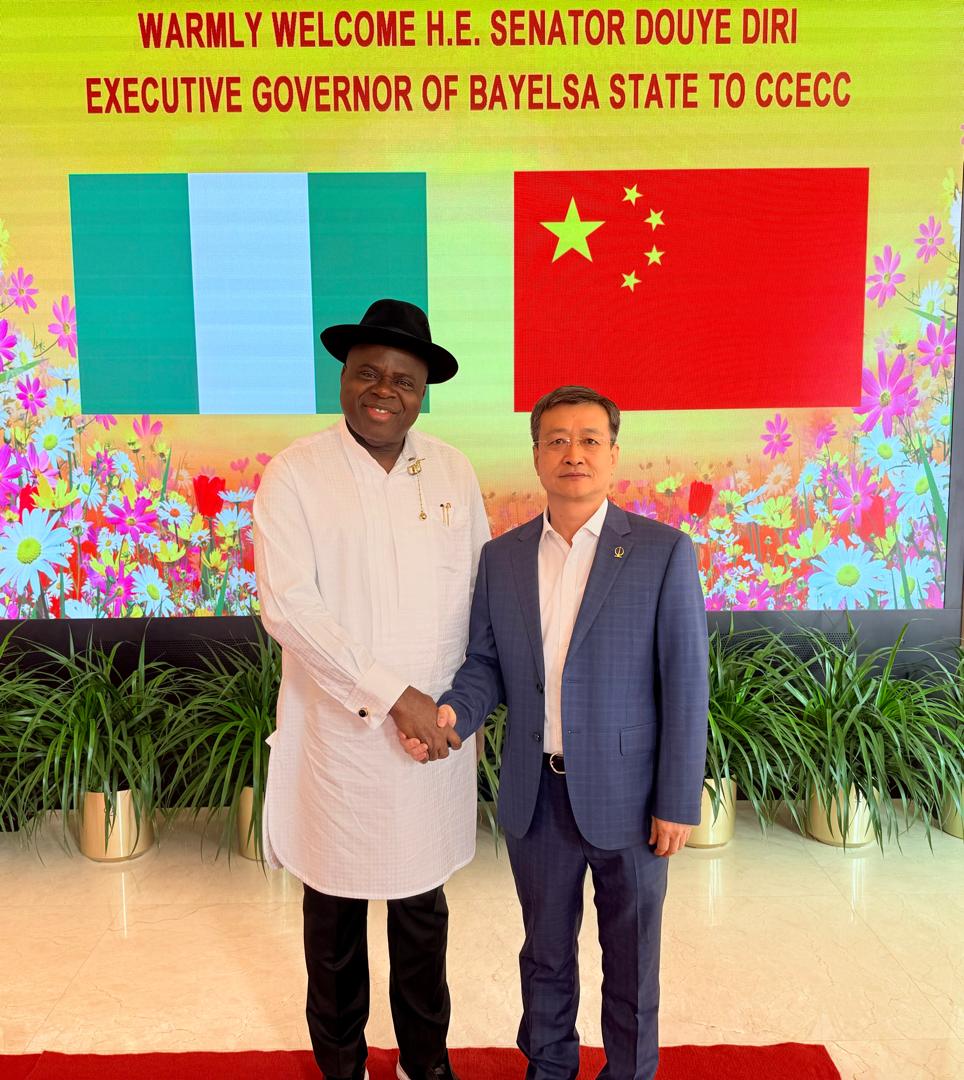
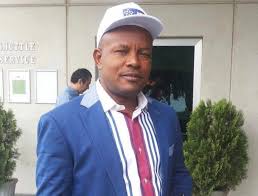

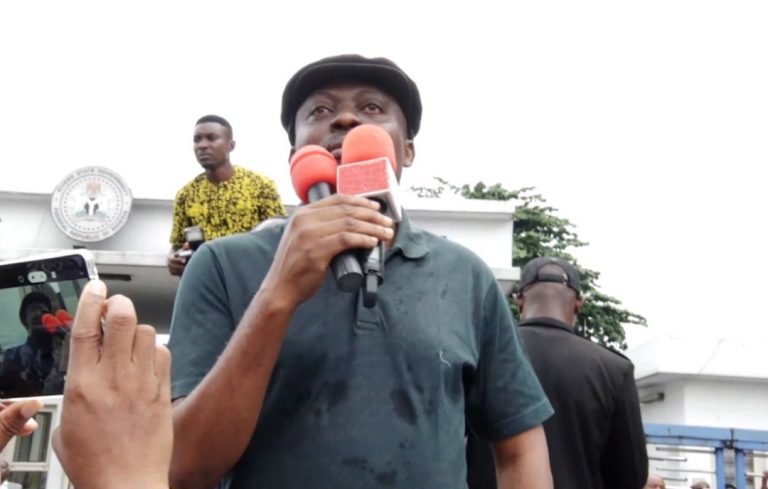
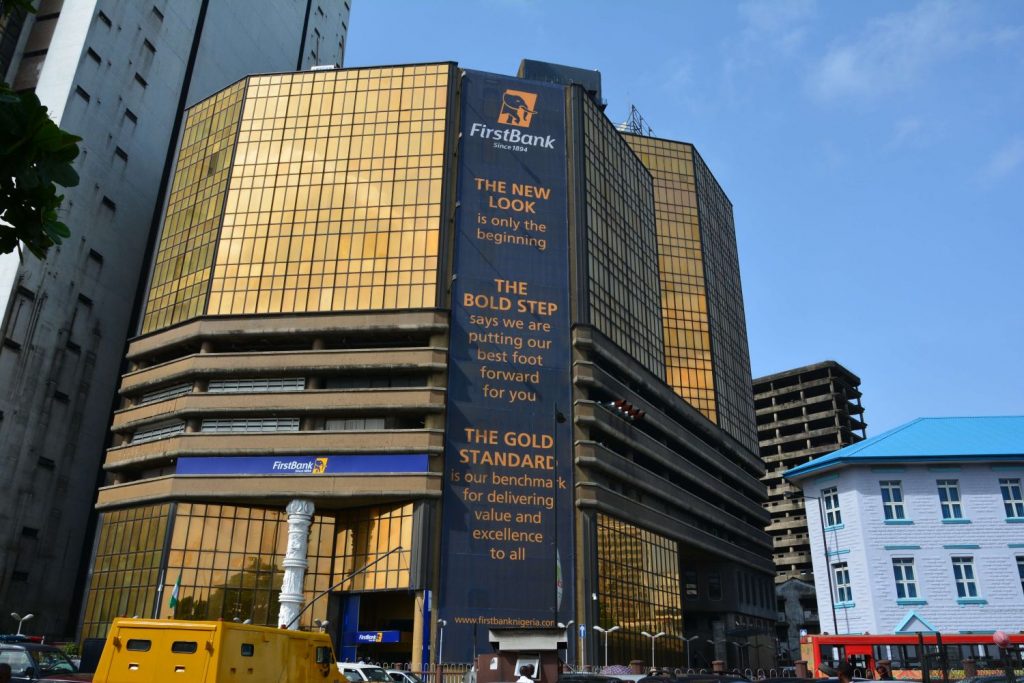
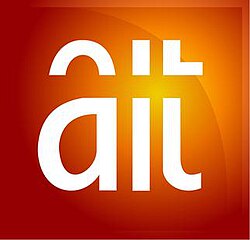


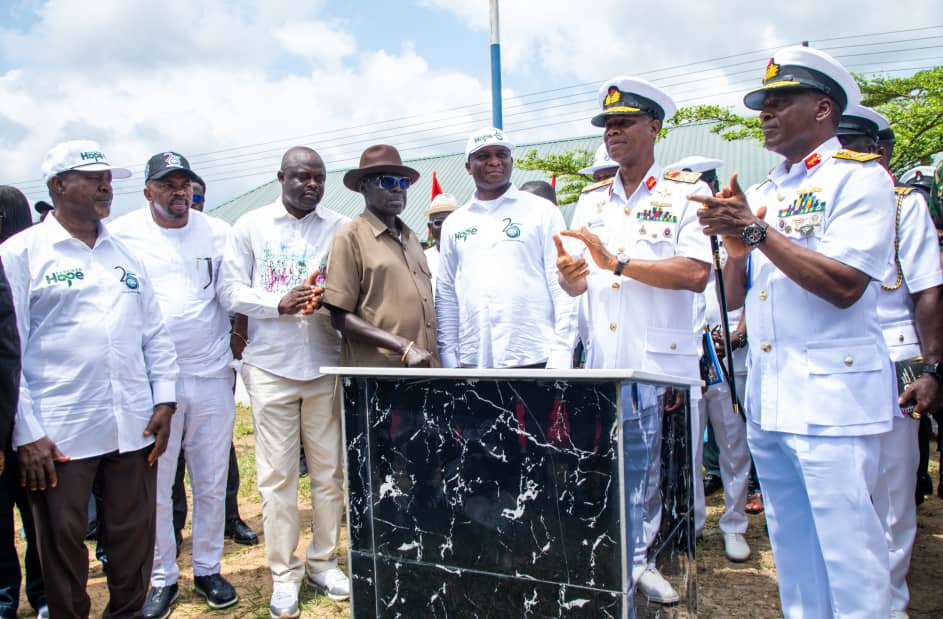
Leave a Reply